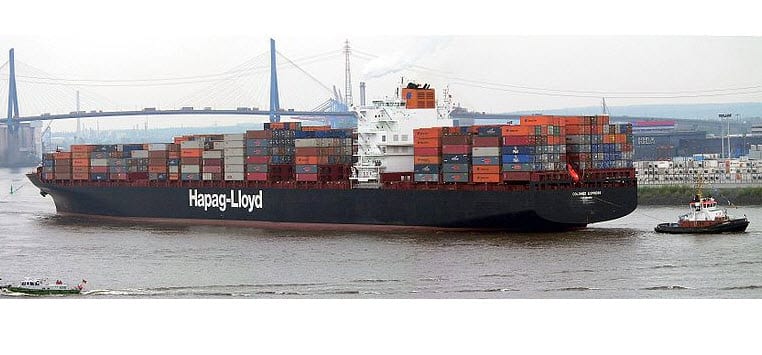
Hydrogen powered commercial ships only make sense…
May 6, 2011Large commercial seagoing vessels have relied on diesel engines for years.
These vessels require a massive amount of fuel and energy to operate, and no other engine has been able to meet these requirements. However, research done by Germanischer Lloyd, a classification society based in Germany who specializes in ships, gas, oil and renewable, suggests that hydrogen fuel cells may be a viable option for large vessels. The group has found that high-temperature fuel cells, in particular, are well suited to such an environment.
However, GL suggest that the sudden interest in hydrogen fuel cells is mostly due to an unprecedented rise in fuel prices as well as the introduction of strict levies against carbon emissions. Fuel cells are able to produce a huge amount of energy, with water being their only byproduct.
Given that shipping lanes tend to pass through a number of territories, each having their own restrictions on carbon emissions, hydrogen seems to be the best option.
The only fuel cells that have proven to be able to meet the energy requirements of commercial shipping have been Solid Oxide Fuel Cell models. These models store hydrogen as a solid and allow fuel to be stored onboard. Extensive testing is currently underway to determine whether these fuel cells are durable enough for commercial use.
While many see hydrogen fuel cells as a new method to power road vehicles, hydrogen is not exclusive to the automotive industry. Several construction, distribution, and transportation companies use fuel cells as an alternative to oil.



 With over 15 years of reporting hydrogen news, we are your premier source for the latest updates and insights in hydrogen and renewable energy.
With over 15 years of reporting hydrogen news, we are your premier source for the latest updates and insights in hydrogen and renewable energy.